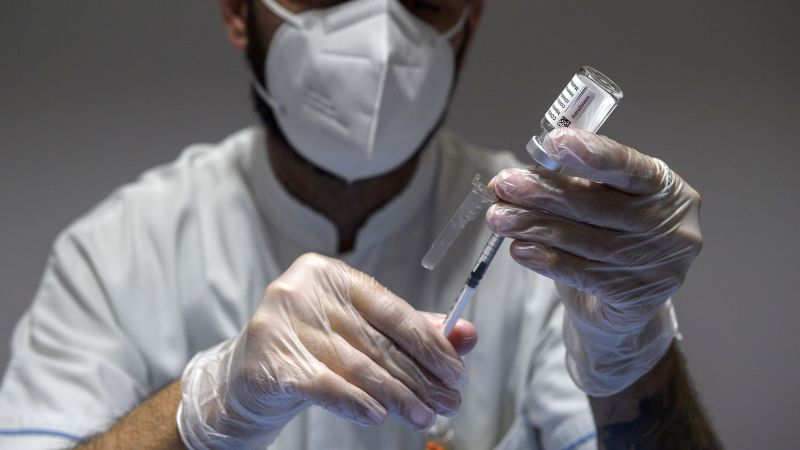by 3 minutes A trader works on the floor of the New York Stock Exchange (NYSE) in New York City, New York, United States, on June 30, 2021. Brendan McDermid/Reuters (Reuters) – NEW YORK (Reuters) – Diverse factors are causing stock market rotation and bond yields to fall, but weakness in travel, leisure, and other COVID-19 sensitive stocks suggests that concerns about the Delta variation are playing a role. Shares of companies involved in the reopening transaction have fallen even more than other “value” equities, which have been pummeled by concerns that economic growth may be less than projected in the coming months. In July, cruise stocks Carnival Cruise Lines and Norwegian Cruise Line Holdings fell over 9% and 8%, respectively, while American Airline Group and United Airlines Holdings fell roughly 4% and 4.5 percent, respectively. MGM Resorts International has lost around 5% of its value, while Expedia Group has lost 1%. In the same time frame, the Russell 1000 value index, which comprises economically sensitive stocks, has down 0.8 percent, while the S&P 500 had gained 0.7 percent in July as of Thursday afternoon trade. “There is a lot of uncertainty, and I believe the market is calculating how much danger this poses to global supply chains and activity in the future,” said Steve Englander, Standard Chartered’s head of North America macro strategy. Meanwhile, the yield on the benchmark 10-year Treasury note has declined around 20 basis points to 1.29 percent this month, marking the longest streak since a nine-session dip that ended on March 3, 2020, as the COVID-19 outbreak in the United States was gaining traction. The availability of vaccines, as well as their apparent capacity to prevent even individuals who have been infected from developing major consequences, suggests that the stringent measures implemented last year to control the virus will not be necessary this year. Despite this, some places, particularly those with limited vaccine access, are dealing with an increase in cases or enacting limitations. In nations like Spain and England, cases are on the rise, despite the British government’s promises to reopen the economy later this month. Sydney, Australia, has had a tight stay-at-home order in place since late last month, while Tokyo, Japan, announced a state of emergency on Thursday, imposing restrictions until Aug. 22. According to Walter Todd, chief investment officer at Greenwood Capital in South Carolina, the fall in coronavirus-sensitive stocks is due in part to fears that the variant’s spread could restrict travel and slow growth. However, he believes that after such a strong run, those equities were ready for a correction. “A number of these equities moved considerably as a result of the vaccination news,” Todd explained. “Part of it is fear of this variety reappearing, but it’s also the fact that… you’re giving something back.” Lewis Krauskopf contributed reporting, while Ira Iosebashvili and Dan Grebler edited the piece./n
Read MoreSlide in coronavirus-sensitive stocks suggests growing worries over Delta variant
2021-07-08T19:28:53-04:00July 8th, 2021|





